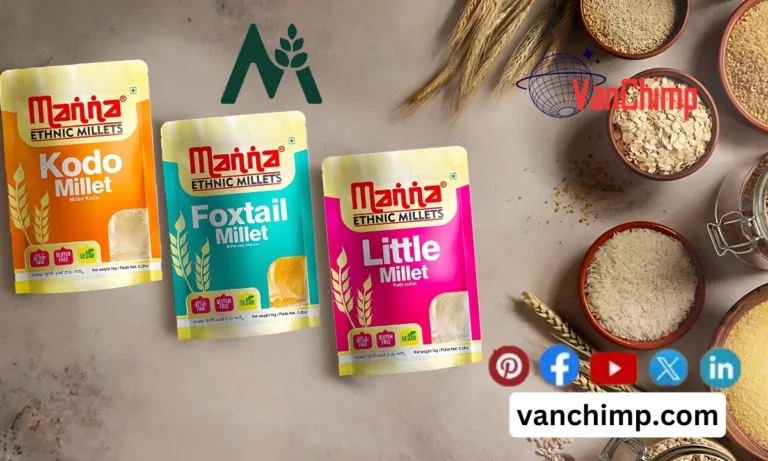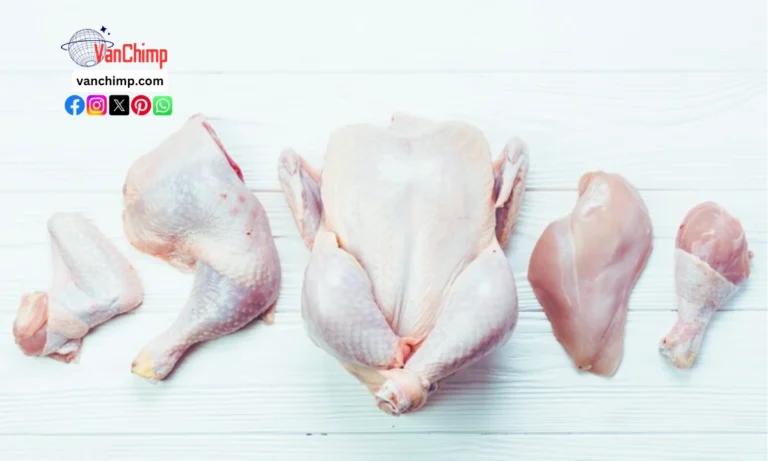wellhealthorganic.com:to-increase-immunity-include-winter-foods-in-your-diet-health-tips-in-hindi: Boost Immunity with These Winter Foods
When winter comes, it’s essential to keep your immune system strong. At wellhealthorganic.com, you’ll find tips on how to boost your immunity by including specific winter foods in your diet. These foods can help you fight off colds and flu more effectively.
Eating the right foods can make a big difference in your health. You can find guidance on adding fruits [invalid URL removed], vegetables, nuts, and spices to your meals to keep your body strong during the colder months. This advice, available at wellhealthorganic.com, is shared in Hindi, making it accessible for many readers.
You don’t need a complicated plan to stay healthy. Simple changes in your daily eating habits can have a significant impact. Make sure to check out the health tips on wellhealthorganic.com to learn which winter foods to include in your diet for a healthier season.
Building Strong Immunity with Winter Foods
Eating the right foods in winter can help boost your immune system. Some nutrients, like vitamins, minerals, antioxidants, and proteins, play a vital role in keeping you healthy.
Understanding Immunity and Nutrients
Your immune system fights off infections and keeps you healthy. Nutrients like vitamins, minerals, and antioxidants help your immune system work well.
Vitamin C strengthens your immune response. Found in citrus fruits like oranges and lemons, it helps your body fight infections.
Vitamin E acts as an antioxidant, protecting cells from damage. Sources include almonds and spinach.
Zinc and selenium are minerals that support your immune function. Zinc can be found in foods like nuts, seeds, and lean meats. Selenium is found in nuts and seafood.
Key Immunity-Boosting Foods to Include
Adding certain foods to your diet can help strengthen your immune system.
Citrus fruits such as oranges, lemons, and grapefruits are rich in vitamin C.
Garlic and ginger are known for their anti-inflammatory and antioxidant properties. They can boost your immune response and help fight infections.
Spinach is loaded with vitamins and antioxidants, including vitamin E. This leafy green supports your immune health.
Almonds provide vitamin E and healthy fats, both important for a strong immune system.
Turmeric contains curcumin, which can enhance your body’s immune response. Use it in soups and stews for flavor and health benefits.
Yogurt offers probiotics that support good digestion and a healthy gut, essential for overall immunity.
Mushrooms have selenium and B vitamins, crucial for a robust immune function.
Healthy Eating Habits for Enhanced Immunity
Eating well isn’t just about choosing the right foods but also about maintaining good habits.
A balanced diet with a mix of fruits, vegetables, lean proteins, whole grains, and healthy fats ensures you get all essential nutrients on vanchimp.
Hydration is key. Drink enough water to keep your body functions running smoothly.
Include foods high in fiber, like whole grains and vegetables, for good digestion.
Probiotics from yogurt and fermented foods can keep your gut healthy, which is important for your immune system.
Protein sources like lean meats, beans, and nuts are necessary for repairing body tissues and maintaining immune strength.
Focus on a varied and nutrient-rich diet to keep your immune system in top condition during the winter months.
Lifestyle Factors Influencing Immune Response

Your lifestyle choices can have a significant impact on your immune system. Factors like physical activity, stress management, hydration, and daily habits play key roles in supporting your body’s defenses.
Physical Activity and Immune Function
Regular exercise is essential for maintaining a healthy immune system. Engaging in moderate physical activities like walking, cycling, or swimming enhances the circulation of white blood cells, which are crucial for fighting infections.
However, extreme or exhaustive exercise can have the opposite effect, weakening your immune response. Aim for 30 minutes of moderate exercise most days of the week. Strength training and flexibility exercises, such as yoga, also help to maintain overall health and well-being.
Stress Management and Immunity
Stress can significantly affect your immune system. Chronic stress releases cortisol, a hormone that can suppress immune function. To manage stress, consider incorporating meditation, deep breathing exercises, and relaxation techniques into your daily routine.
Practices like yoga, Tai Chi, and mindfulness can help reduce stress levels. Additionally, maintaining healthy sleep habits is crucial. Aim for 7-9 hours of sleep per night to give your body time to recover and bolster your immune defenses.
The Importance of Adequate Hydration
Staying hydrated is vital for a strong immune system. Water aids in the production of lymph, which carries white blood cells and other immune system cells throughout the body. A dehydrated body is less efficient at fighting off infections.
Aim to drink at least 8 glasses of water per day. Herbal teas and fluids with antiviral and antimicrobial properties, such as chamomile or ginger tea, can also be beneficial. Avoid excessive caffeine and sugary drinks, which can lead to dehydration.
Incorporating Immunity Support Into Daily Life
Make lifestyle changes that support your immune system, such as integrating herbs and spices like garlic, turmeric, and ginger into your diet, which have natural antimicrobial properties. Regular consumption of these can help in boosting immunity.
Additionally, engage in regular physical activity, ensure you get enough sleep, and practice stress management techniques daily. Forming healthy lifestyle habits can significantly enhance your immune response, making your body more resilient against infections.
Frequently Asked Questions

Including specific foods in your diet can help boost your immune system. These questions address the best foods, how they affect your body, and what to avoid for maintaining strong immunity.
What are the top foods known to strengthen the immune system?
Citrus fruits like oranges and grapefruits are rich in vitamin C. Garlic and ginger have anti-inflammatory properties. Leafy green vegetables provide essential vitamins and minerals. Yogurt and almonds are also beneficial.
Which single food item is considered the most effective in boosting immunity?
Oranges are highly effective due to their high vitamin C content. This vitamin is crucial for the production and function of immune cells.
Can certain foods decrease immune system effectiveness?
Yes, high sugar intake can suppress the immune system. Processed foods and those high in unhealthy fats can also negatively affect your immune health.
What are essential nutrients required for a healthy immune system?
Vitamin C is important for immune function. Vitamin D helps your body fight off pathogens. Zinc supports normal development and function of immune cells. Omega-3 fatty acids are also vital.
How does diet influence overall immunity during the winter season?
Eating warm, nutrient-dense foods like soups and stews helps maintain body warmth and boosts the immune system. Foods rich in vitamins and minerals can help ward off common winter illnesses.
What are common dietary recommendations for maintaining strong immune health?
Eat a balanced diet with plenty of fruits and vegetables. Include sources of vitamins C and D, and ensure you get enough proteins. Avoid excessive sugar and processed foods. Drink plenty of fluids to stay hydrated.





